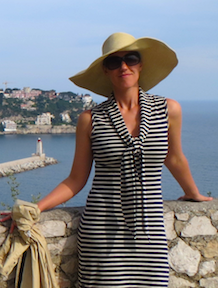Malcolm B. Morse is a recent graduate of Morehouse College in English and political science. He became a member of Phi Beta Kappa his junior year. Morehouse College is home to the Delta of Georgia Chapter of Phi Beta Kappa.

Malcolm B. Morse is a recent graduate of Morehouse College in English and political science. He became a member of Phi Beta Kappa his junior year. Morehouse College is home to the Delta of Georgia Chapter of Phi Beta Kappa.